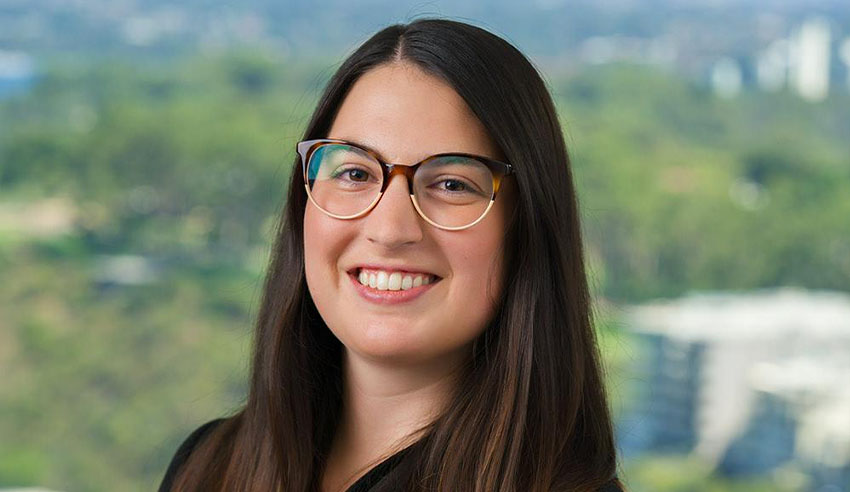Invisible illnesses have been viewed as impediments to success, putting many lawyers and law students across Australia at disadvantage, argues one graduate.

The legal profession in Australia had made great strides over the past decade in recognising the dangers of psychological distress, anxiety and depression as prevalent and preventable invisible illnesses, with research suggesting that lawyers are both more susceptible to mental illness and that the profession itself contributes to poor mental health.
There does not appear to be any universal precedent, Ms Gretton argued, for accommodating Australian lawyers and law students with unseen chronic illnesses. If this does not change, she said, those individuals will continue to suffer.
“The number of people with invisible illnesses is significant and many competent individuals with such conditions are entering the legal community. Although the issue is not well understood, it is arguably not difficult to address,” she wrote.
“Providing a community that is representative, inclusive and allows people to fully disclose their conditions is beneficial for the legal community, members of the community with invisible illnesses, and wider society as a whole.”
In conversation with Lawyers Weekly, Ms Gretton – who was last year a finalist in the Student of the Year category at the Women in Law Awards – said invisible illnesses are viewed as an impediment to success in the law “because the profession and society more broadly view success from an ‘ableist’ standpoint”.
“The stigma around invisible illness makes it hard to bring up with colleagues, particularly in the legal profession which is highly competitive, and where you may be fearful that people will treat you differently, or will think that you’re ‘making up an illness’ because it’s not visible to the naked eye,” she explained.
A number of the strategies have been implemented across the board to identify, understand and support mental illnesses which may be applicable to invisible illness more generally, she posited.
“Actions such as implementing diversity representatives who also understand invisible illnesses outside of mental illness, creating an inclusive workplace environment that provides people the opportunity to disclose their illness if they feel comfortable, and physical support structures are really important,” she said.
In the education space specifically, “a lot needs to be done”, she added.
“Creating a conversation that extends to what invisible illnesses are and the need for reasonable accommodations [are] crucial,” Ms Gretton said.
“In the workplace, further discussion around reasonable accommodation and what that means.
“On the legislative front, the Equal Opportunity Act 1984 (WA), for example, provides for anti-discrimination in the workplace on the basis of difference, including disability. I don’t necessarily believe further legislative protections are necessary, but rather, an understanding that invisible illnesses form a subset of disabilities broadly and are legitimate.”
When asked how better recognition of and support for those with invisible illnesses will improve not only their standing in law, but improve the profession itself, she said: “Diversity is the key to making the profession a more inclusive place. Better recognition and support will allow people within the profession to fully be themselves and contribute more wholly to the profession.”
Ms Gretton is personally invested in seeing such action, she reflected, given that she lives with fibromyalgia and hip dysplasia.
“I had corrective surgery for my dysplasia and after I was off crutches people assumed that I was fine. It’s hard having to educate and remind people of something that is perceived as a ‘weakness’, and sometimes, it’s just easier not to. I hope that changes for me and for others,” she submitted.
“In a profession that promotes justice and fairness at its core, the equal treatment of its potential advocates is truly important.”
Taking such action, she said, is “likely to have the effect of achieving the goal of a more tolerant and diversified legal profession. The benefits of achieving such a goal is arguably beneficial for all involved, including those with or without an invisible illness.”

Jerome Doraisamy is the managing editor of professional services (including Lawyers Weekly, HR Leader, Accountants Daily, and Accounting Times). He is also the author of The Wellness Doctrines book series, an admitted solicitor in New South Wales, and a board director of the Minds Count Foundation.
You can email Jerome at: